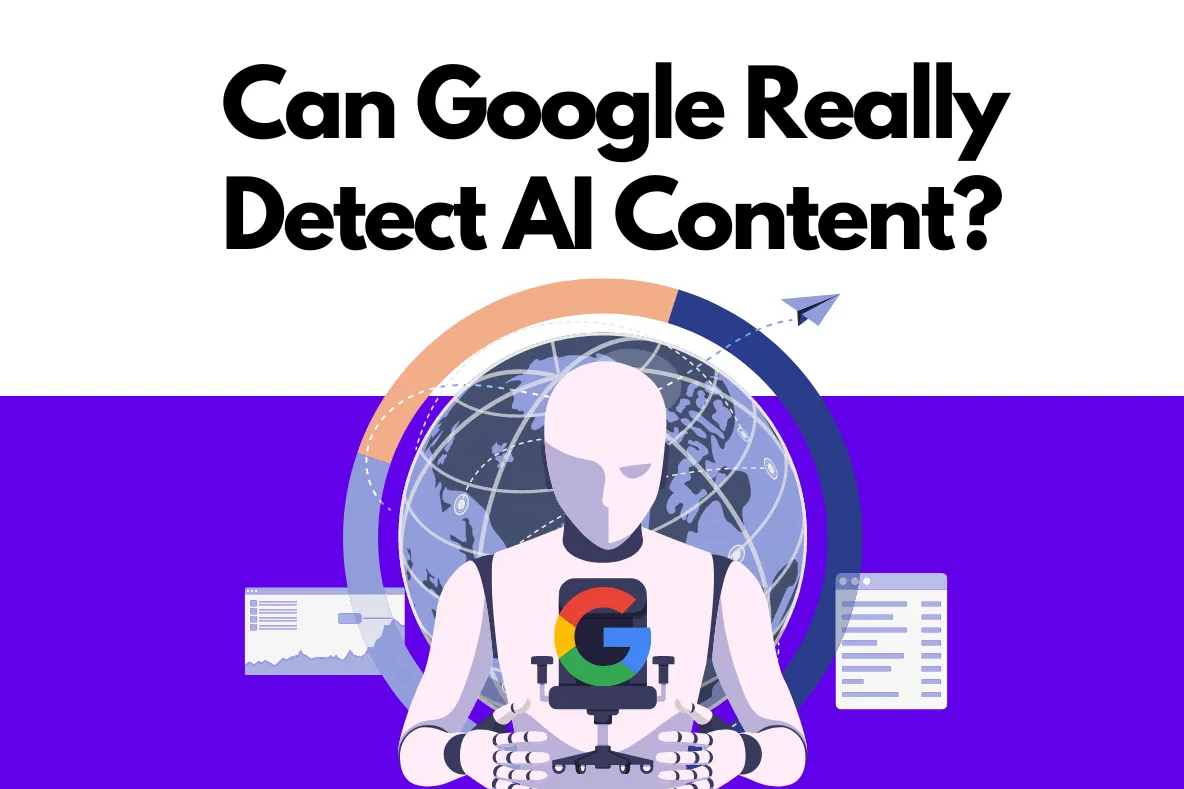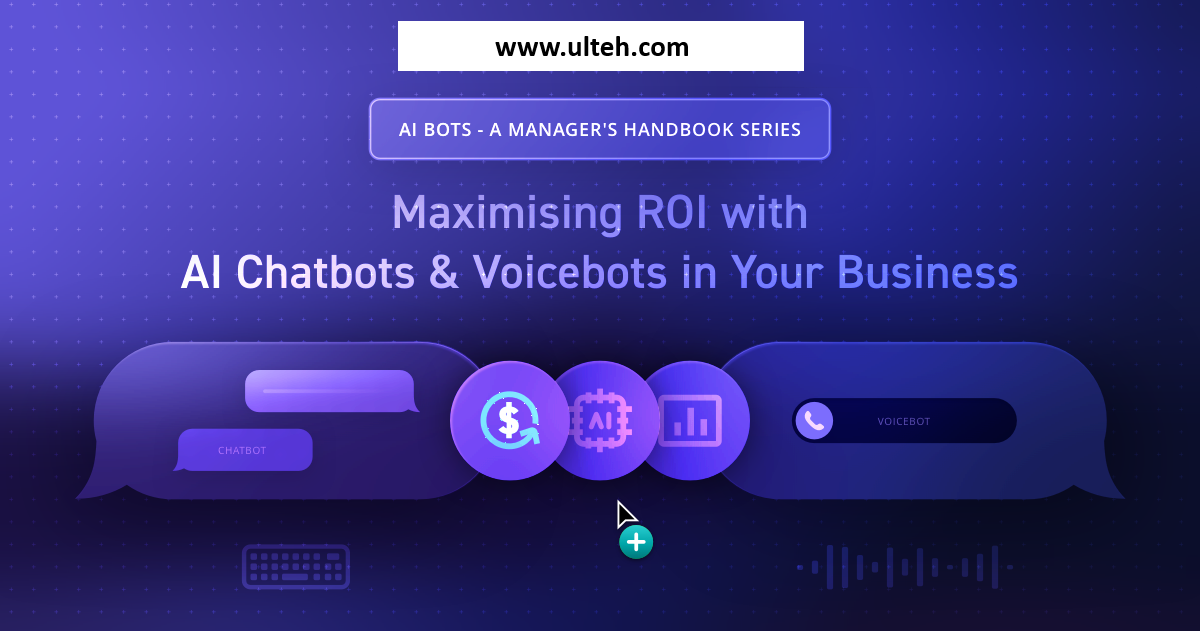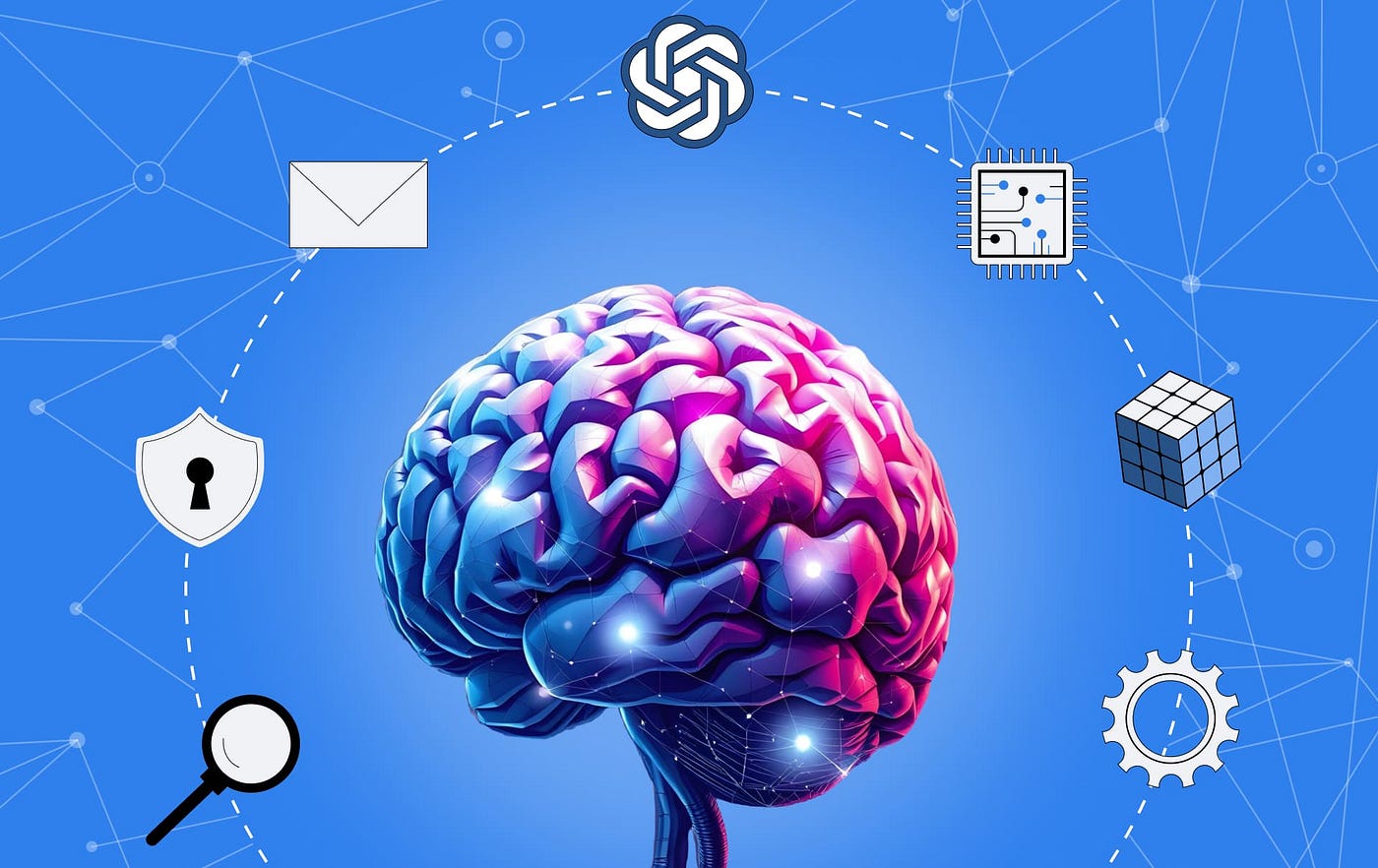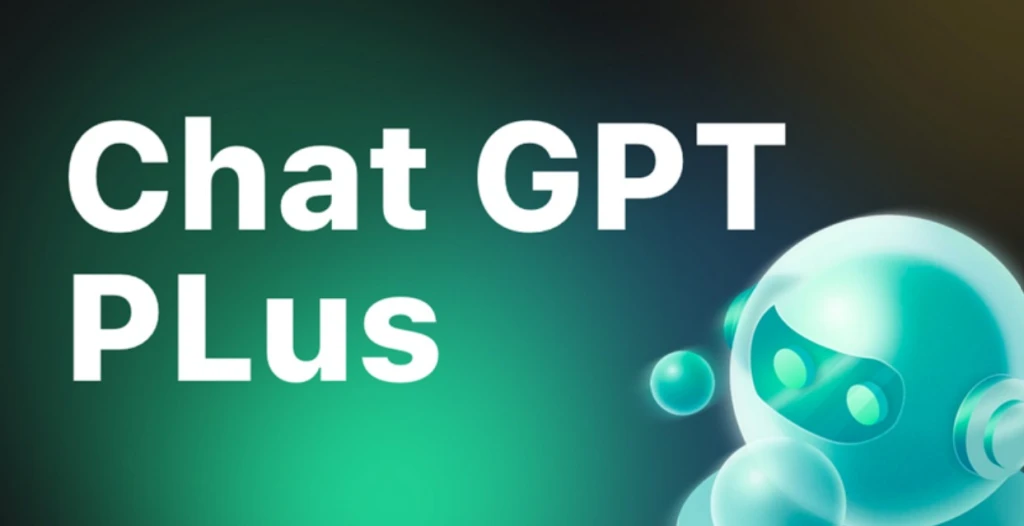Test AI on YOUR Website in 60 Seconds
See how our AI instantly analyzes your website and creates a personalized chatbot - without registration. Just enter your URL and watch it work!
The AI Content Detection Controversy
This question has taken on new urgency as AI content production has exploded across industries. With some estimates suggesting that up to 25% of new web content may now involve some form of AI assistance, the stakes for content creators and businesses are immense. Let's separate the facts from the myths and examine what we actually know about Google's approach to AI content.
What Google Has Actually Said
In February 2023, Google updated their documentation with specific guidance on AI-generated content, stating: "Appropriate use of AI or automation is not against our guidelines. This means that it is not used to generate content primarily to manipulate search rankings, which is against our spam policies."
Danny Sullivan, Google's Search Liaison, clarified further in a series of tweets: "As we've said, content created primarily for search ranking, rather than to help people, may do less well in Search, regardless of how it is produced. That said, automation has long been used to generate helpful content, such as sports scores, weather forecasts, and transcripts."
Google's John Mueller has repeatedly emphasized that Google's focus remains on content quality and value to users, not the specific production method. During a Google Search Central office-hours hangout, Mueller noted: "From our point of view, it doesn't matter if content was created by a human or by a machine... we're looking for quality content that is helpful to users, not how it was created."
This messaging aligns with Google's long-standing focus on content quality as defined in their helpful content system and core algorithm updates. The technology behind content creation appears secondary to whether that content serves user needs.
The Technical Reality of AI Detection
Why Perfect Detection Is Nearly Impossible
Several factors make reliable AI content detection extremely challenging:
1. Rapidly evolving generation technology
AI language models are improving at an astonishing pace. What might have been detectable patterns in GPT-3 content are often absent in GPT-4 or Claude output. Any detection system would need constant updating to keep pace with these improvements.
2. The problem of false positives
Even the most sophisticated detection algorithms struggle with false positives—incorrectly identifying human-written content as AI-generated. This is particularly true for technical writing, formulaic content like news reports, or content written by non-native English speakers, which may share some statistical properties with AI-generated text.
3. Hybrid content dominance
Most "AI content" today isn't purely machine-generated but represents human-AI collaboration. A writer might draft an outline, use AI to expand certain sections, then edit and refine the result. This hybrid approach creates content that exists on a spectrum rather than fitting into binary "human" or "AI" categories.
4. Lack of definitive markers
Despite claims about certain linguistic patterns being telltale signs of AI generation (like predictable sentence length variation or specific vocabulary distributions), these markers become increasingly unreliable as AI systems improve at mimicking human inconsistencies and stylistic quirks.
What Google Actually Detects
Quality Signals Google Likely Evaluates
Expertise and depth: Content that demonstrates genuine expertise and deep understanding of a topic typically ranks better than superficial coverage. Early AI systems often produced shallow content that lacked nuanced expertise, though this limitation is rapidly disappearing with advanced models.
Original insights: Google's helpful content system rewards material that provides unique perspectives or information not available elsewhere. Generic content that simply repackages existing information—a common criticism of basic AI-generated content—may perform poorly.
Purpose and intent alignment: Content created primarily to rank for specific keywords rather than to help users typically underperforms. This applies equally to keyword-stuffed human content and AI content generated purely for SEO purposes.
User engagement signals: How users interact with content likely provides Google with important quality signals. Do they find what they're looking for and stay on the page, or do they quickly return to search results (a potential "pogo-sticking" signal)?
E-E-A-T factors: Expertise, Experience, Authoritativeness, and Trustworthiness remain crucial for content evaluation, particularly for YMYL (Your Money or Your Life) topics. These qualities can be challenging for purely AI-generated content to demonstrate without human expertise and oversight.
The Reality for Content Creators
Focus on Value, Not Production Method
Google's systems are designed to reward high-quality, valuable content regardless of how it's produced. The key question isn't whether AI was involved in creation, but whether the resulting content serves user needs better than competing content.
Quality Over Quantity
The ease of generating content with AI tools has led to a flood of mediocre material. The temptation to rapidly produce large volumes of AI content should be weighed against the potential negative impact of publishing content that doesn't truly add unique value.
Human Oversight Remains Essential
Even as AI writing capabilities improve, human expertise, experience, and judgment remain crucial differentiators. The most successful approach typically involves using AI as a collaborative tool rather than a replacement for human insight.
Transparency Considerations
While Google hasn't mandated disclosure of AI use in content creation, transparency may become increasingly important from both ethical and practical perspectives. Some publications have already adopted policies requiring disclosure when AI tools significantly contribute to published content.
Case Studies: AI Content Performance
CNET's AI Experiment
In late 2022, CNET quietly began publishing AI-generated financial articles, later disclosing that around 75 articles had been created using AI systems. Analysis of these articles' search performance showed mixed results. Some performed reasonably well, while others underperformed comparable human-written content. Notably, numerous factual errors were later discovered in the AI-generated material, leading to extensive corrections.
The Bankrate Approach
Financial site Bankrate has been more transparent about their AI content experimentation, using a hybrid approach where AI drafts are thoroughly reviewed and edited by subject matter experts. This approach has reportedly maintained search performance while increasing production efficiency.
Content Marketing Agency Results
Several content marketing agencies have reported success using AI tools for specific content components while keeping human experts in charge of strategy, oversight, and editing. This hybrid approach appears to perform comparably to traditional content in many cases, particularly for informational content in less regulated industries.
Google's Evolving Approach
As AI content becomes increasingly prevalent and sophisticated, Google's approach will likely continue evolving. Several developments suggest the direction this might take:
Integration Rather Than Prohibition
Rather than attempting to ban or penalize all AI content, Google appears to be developing systems that can evaluate content quality independent of production method. Their approach seems pragmatic—acknowledging AI's growing role while maintaining focus on rewarding content that best serves users.
SearchLabs AI Overviews
Google's testing of AI-generated search result overviews demonstrates their own embrace of generative AI in search. This suggests an approach of integration rather than rejection, focusing on helpful applications rather than prohibitions.
Quality Thresholds May Rise
As content production becomes easier and more automated, the bar for what constitutes "quality" in Google's algorithms may continue rising. Content that merely answers basic questions could become increasingly commoditized, while truly exceptional, experience-based content gains additional value.
Best Practices for Content Creators
Given what we know about Google's capabilities and priorities, here are actionable recommendations for content creators navigating the AI landscape:
Use AI as a Tool, Not a Replacement
Leverage AI for research assistance, content expansion, editing suggestions, and overcoming writer's block—but maintain human oversight for strategy, expertise, fact-checking, and final review.
Add Unique Value
Ensure your content provides something readers can't get elsewhere—original research, personal experience, expert analysis, or unique perspectives that AI alone cannot generate.
Prioritize Accuracy
Implement rigorous fact-checking processes, particularly when using AI to generate content about complex or technical topics. AI systems still make factual errors that human experts would immediately recognize.
Focus on User Intent
Rather than optimizing primarily for search engines, focus on deeply satisfying the underlying needs and questions that drive user searches. This approach aligns with Google's long-term quality objectives.
Consider Ethical Dimensions
Beyond SEO considerations, think about ethical aspects of AI content use, including potential disclosure requirements, impact on creative professions, and maintaining accuracy and trustworthiness.
Conclusion: Beyond the Detection Question
Rather than worrying about whether Google can identify the source of your content, focus on whether that content genuinely helps users, demonstrates real expertise, and provides value beyond what's already available elsewhere. High-quality, thoughtful content that serves user needs is likely to perform well regardless of whether AI tools were involved in its creation.
The most successful content strategies moving forward will likely involve thoughtful human-AI collaboration—leveraging the efficiency and capabilities of AI tools while adding the human expertise, experience, and judgment that remain irreplaceable in creating truly valuable content.
For content creators and businesses, the key question isn't whether to use AI, but how to use it responsibly and effectively as part of a comprehensive content strategy focused on delivering exceptional value to your audience.






